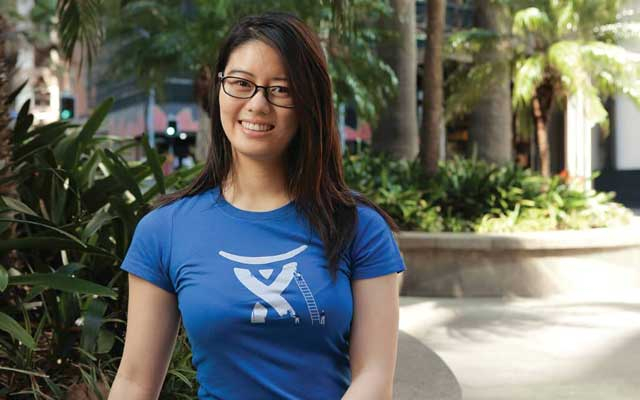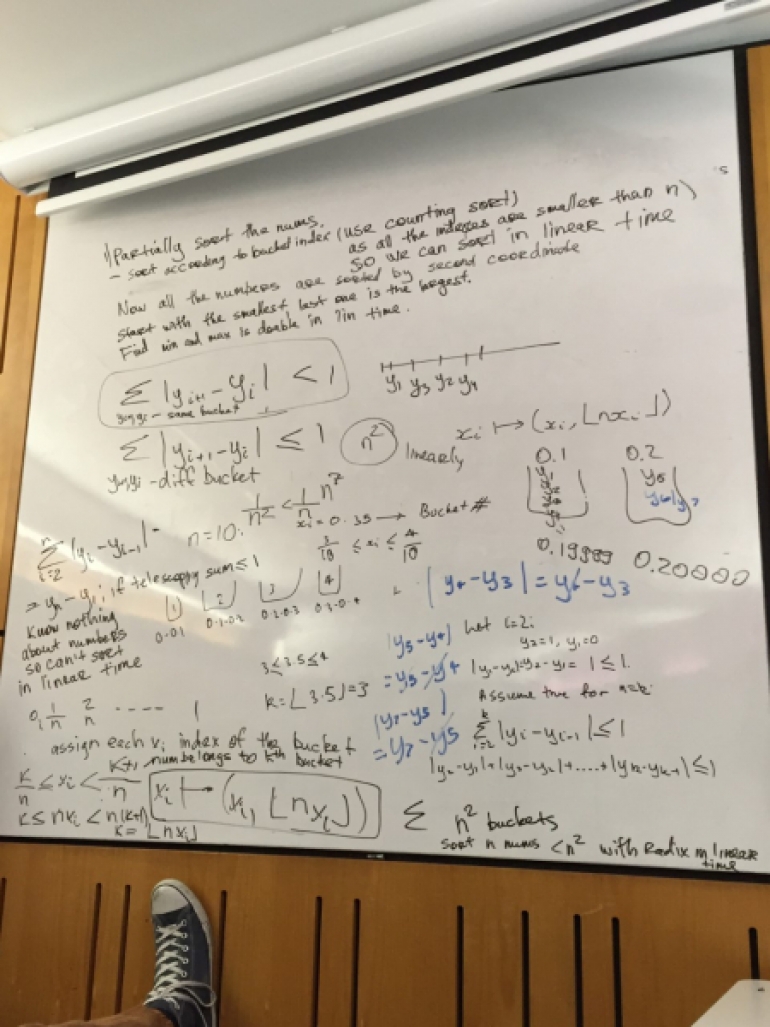My luckiest happenstance, falling into computing
It was written in the stars that Tara Tjandra would study STEM at UNSW as both her parents completed an engineering degree there, but one of her “luckiest happenstances” she says was falling into Computer Science.


